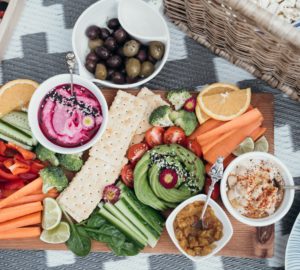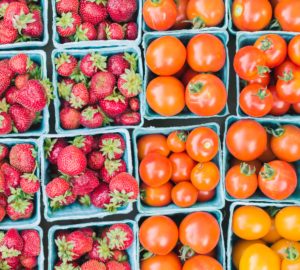When you choose to adopt a plant-based lifestyle, you’re choosing to protect the planet, stand up for animal rights and live a more mindful lifestyle. But many vegans and vegetarians are afraid that through their good deeds, they’re also sacrificing a key nutrient: vitamin B12.
Luckily, that doesn’t have to be true.
Keep reading to find out everything you need to know about this crucial vitamin, including a recent plant-based scientific breakthrough!
Why do we need vitamin B12?
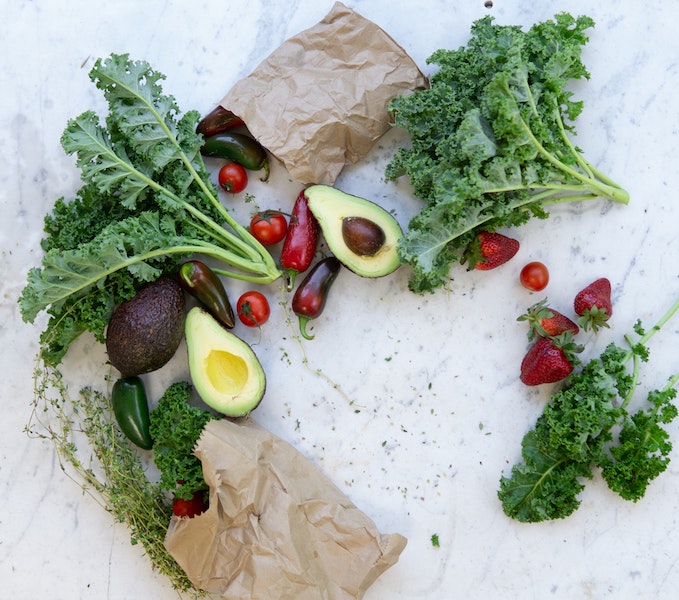
B12 is a true multitasker. It plays a key role in everything from red blood cell formation to metabolism maintenance. B12 is also responsible for DNA formation, nerve function, and energy production. Honestly, what doesn’t it do?
How much B12 do we need?
The recommended daily dose for vitamin B12 varies depending on factors like age, weight, and gender. Generally, adults need 2.4 mcg every day, though the body can absorb up to 10 mcg daily.
What are good plant-based sources of B12?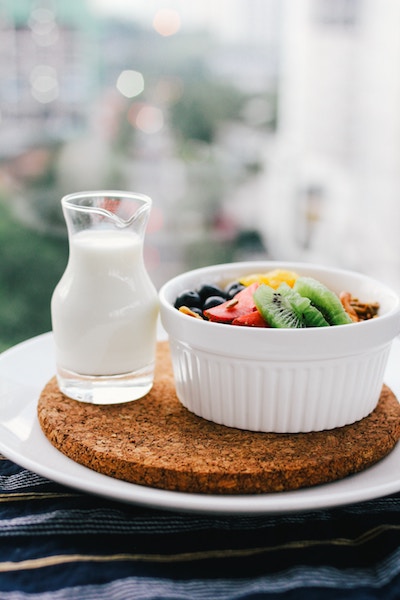
Most sources of B12 aren’t veggie-friendly – think meat, eggs, and dairy products – but there are plenty of fortified, plant-based food options. Cereals, plant milks, nutritional yeast and soy products are great places to start.
Some research suggests dried purple laver (nori) has naturally high vitamin B12 contents, but you’re not likely to eat that often enough to meet your daily needs.
Since it’s not possible to reliably get B12 from plant sources, you should also take a daily vitamin B12 supplement.
What happens if we don’t get enough B12?
Lethargy, paleness and digestive issues can all be the result of a B12 deficiency. If you notice any of these symptoms along with numbness in your fingers or toes, poor balance, confusion or even depression, these might be signs of a long-term deficiency. Without enough B12 over long periods of time, you could be at risk for nervous system damage, as well as cognitive issues. If you’re concerned about a potential deficiency, ask your doctor to test your B12 levels.
Are plant-based eaters the only ones at risk?
While it’s long been rumoured that vitamin B12 deficiencies are caused by plant-based diets, that’s definitely not the case. It can be more challenging for vegans and vegetarians to get the B12 they need, but everybody is at risk. Age, Crohn’s or celiac disease, certain medications, and even regular consumption of alcohol can reduce B12 absorption – even for meat eaters.
A plant-based B12 breakthrough
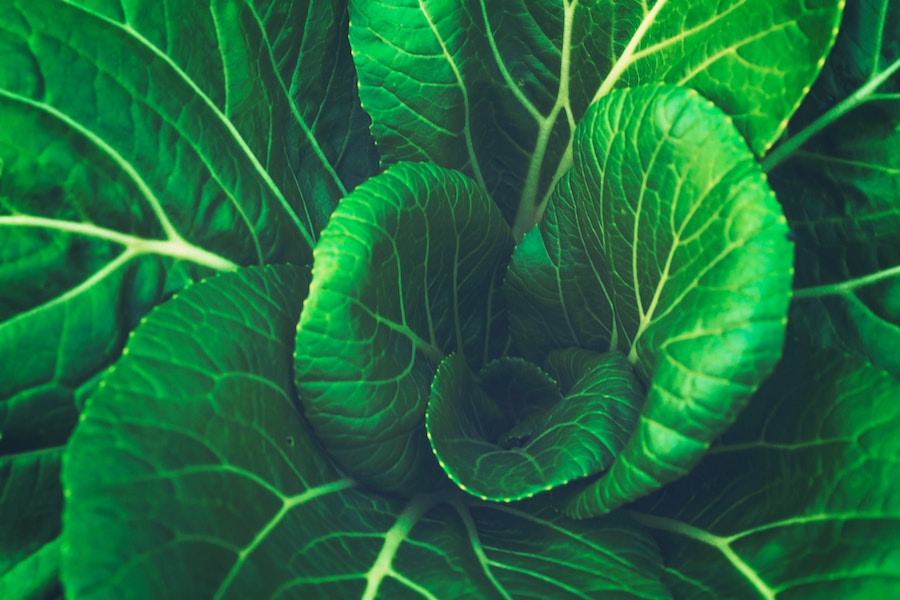
In 2018, scientists at the University of Kent proved that vitamin B12 can actually be absorbed by common garden cress. Before this discovery, it was thought that plants neither produced nor required B12 – but this could change everything. By fortifying the cress’ growth medium with B12, the scientists found that the vitamin went up through the stems and ended up in the leaves. This could result in the creation of more plant-based vitamin B12 sources!
At the end of the day, it doesn’t take much extra effort to get enough vitamin B12 in your plant-based diet – and with recent scientific discoveries, it might get even easier in the future!
Learn more about plant-based nutrition:
- 7 important nutrients you can only get from plants
- How to eat vegan and get every vitamin and nutrient you need
- The ultimate truth about the 3 biggest vegan protein myths








